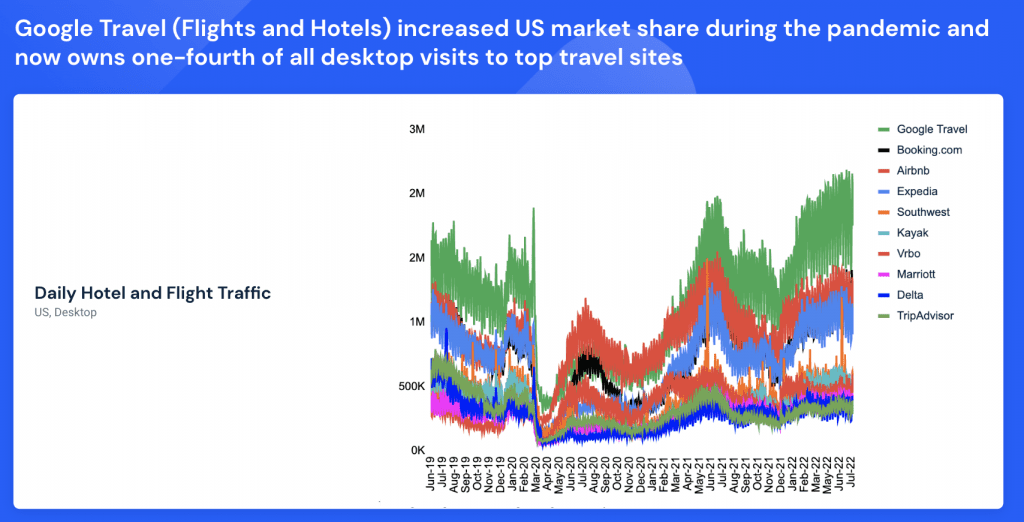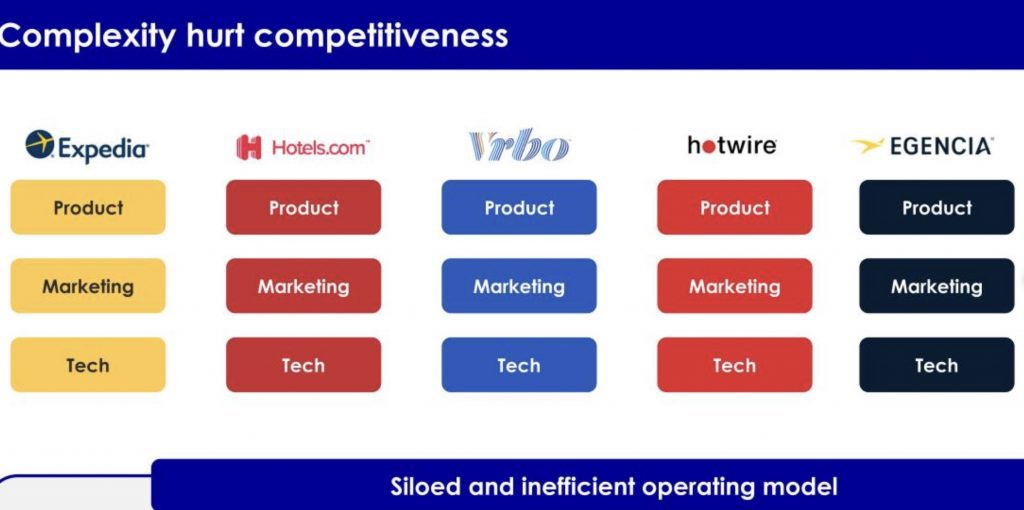The New York Times published a story a few days ago headlined, Tech Hacks to Make Traveling Right Now Less of a Headache.

In the story, the author recommended:
- Book direct with the airline or hotel instead of gong through a middleman like an online travel agency.
- Consult JoinSherpa.com to keep abreast of ever-changing Covid lockdown rules and destination entry requirements and use itinerary organizing tools like TripIt. If you are a Gmail user, Google Travel likewise organizes your travel bookings, although it can be glitchy.
- Track wayward luggage with products such as Apple AirTag.
- Download the hotel’s app to access functions such as earlier check-in as soon as your room is ready.
Additional Tech Hacks
We’ll add a few favorite tech hacks of our own.
- Use FlightAware to see the location of the plane that’s hopefully en route for your departure. Some airline apps have this feature. A couple of weeks ago FlightAware informed me that the plane that was scheduled to take me from Puerto Rico to New Jersey would be arriving in New Jersey around 5:20 a.m. while United Airlines misinformed me that flight would be taking off more than an hour earlier. The flight actually took off around 15 hours later.
- Speaking of United, you can now pre-order beverages and food on some U.S. domestic flights, although it too can be clunky.
- Sign up for a virtual private network such as Surfshark so that once you arrive at your foreign destination you’ll still able to view apps such as Sling.tv, which wouldn’t otherwise be unavailable.
- When shopping for deals, make sure to consult mobile apps for companies such as Tripadvisor, Expedia, or Booking.com because sometimes mobile deals will be lower than desktop prices.
- Download lots of movies to your phone before your flight in case there are slim pickings on board.
- Contact your cellphone company to see if it will give you a discounted rate for mobile calls in a foreign destination. T-Mobile has such a program, for example.
There are tons of other travel hacks available. Send us your favorites.


